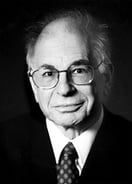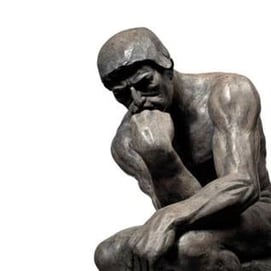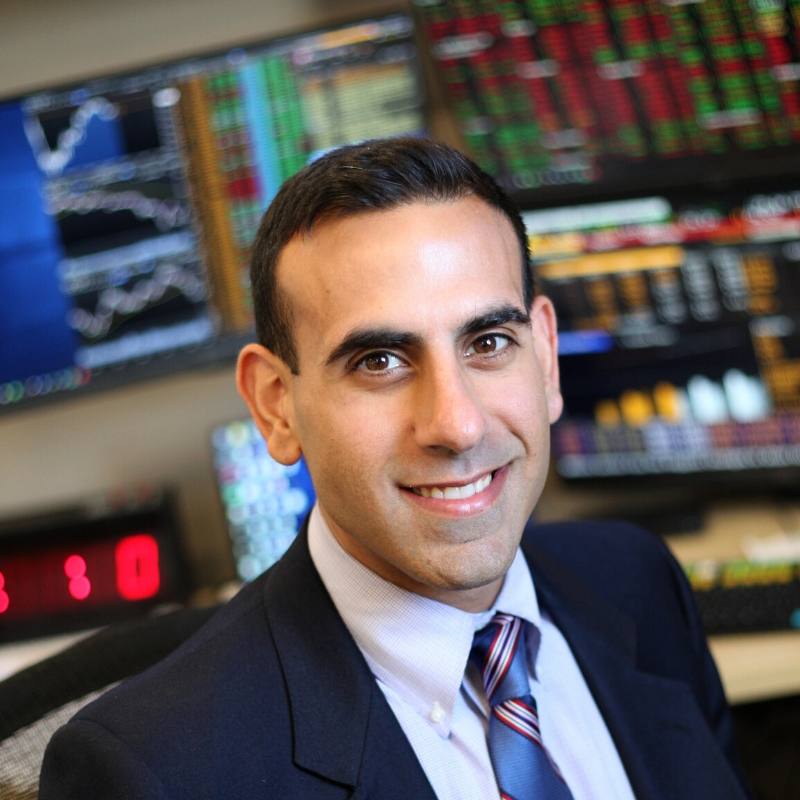As someone who studied economics in college, I have always been fascinated by human decision making, not just in business but in life. I recently was listening to a Bloomberg podcast interview with Daniel Kahneman that was recorded last year. Kahneman is a professor emeritus of psychology at Princeton University, the author of the best-selling book Thinking, Fast and Slow and one of the world’s most renowned behavioral economists.  Behavioral economics is the study of the psychological, emotional and social factors that impact the economic decisions we make. Below are some interesting points and examples Kahneman discussed:
Behavioral economics is the study of the psychological, emotional and social factors that impact the economic decisions we make. Below are some interesting points and examples Kahneman discussed:
- Anchoring: This is a human tendency to rely too heavily on the first piece of information offered (the “anchor”) when making decisions. When asking people the first digit of their phone number and then asking them an unrelated question where the answer is a number, someone with a lower digit phone number is likely to answer the second question with a low number. This is because the mind has a built-in tendency to make sense of something based upon a reference point that may not be relevant.
- Loss Aversion: This is the theory that we feel financial losses twice as worse than we enjoy gains. This can be traced back to evolution as threats are felt more deeply than opportunities. When we lose, it feels permanent to us. Bad things produce stronger feelings than good things. If you are walking in the woods and see a deer and a bear, you are much more worried about the threat of the bear than admiring the beauty of the deer. Kahneman points out that a way to avoid loss aversion is to not look at your investment results on a day by day basis. Too often, we think in terms of gains and losses and not about our net worth. This tempts people into making changes to their portfolio that they might later regret. Having a flexible plan on how to deal with risk and lengthening your time horizon helps you make more rational investment decisions.
- Theory Induced Blindness: Our minds are programmed to create the best story possible which inhibits us from admitting when we are wrong. We try to make sense of our “story” even though we might not fully understand it. Meaning, we alter our perception of what we thought earlier to tell ourselves that we didn’t make a mistake. Hindsight blinds us to surprises. What we should learn from surprises is that the world is difficult to anticipate. We will never know everything. This is why the “prediction game” in finance or any other industry is almost impossible.

- Luck and Chance: Over many years, many people have grown their wealth through hard work, perseverance and sometimes, fortuitous events. A part of our success is due to luck and chance. This is why you hear the term “regression to the mean”, which in statistics means that if a variable is extreme on its first measurement, it will tend to be closer to the average on its second measurement. We underestimate the impact chance has on our lives. There is no assurance that the next time you go fishing that you will have the same amount of luck or chance as you did the time you caught that big walleye. I play pick-up basketball with my friends on a weekly basis and there are some weeks where I shoot very well and other weeks where I couldn’t hit water if I fell out of a boat. In the end, it all averages out to the “mean”.
- Endowment Effect: This describes the idea that individuals value something more because they already own it and we become biased towards it. This is because we are familiar with it and when we are familiar with things, in almost all cases, we tend to like it more. For example, if someone was to ask you what kind of car they should purchase, you are likely to recommend a car that you own even though it may not be the best option for them.
- Happiness: One my favorite parts from the interview was when the host asked Kahneman “What other things have you taken away in your studying of happiness and satisfaction?” and Kahneman responded by saying “I think it turns out that people are happiest when they are in the presence of friends. There is a special thrill I think for people to be with their friends. Some of the best moments of the week are when you are not alone. There is a sheer joy in having particular routines with friends.” He believes spending time with friends is more satisfying than being with your family because when you are with your family, the circumstances are more formal and not as relaxing. Kahneman also believes that people spend too much of their time trying to be satisfied and they don’t think enough about happiness and the quality of their life. Time is a large factor in determining how happy you are. Spending time to achieve something that does not make you happy is an easy way to waste your life. Focusing on ways to simplify your life leads to increased happiness. It’s not as much what you spend your time on that makes you happy but how you spend and the quality of your time.
Many of the thoughts and decisions we make are based upon biases and inputs we may never have thought about or be able to understand. Simplifying your life, understanding that you don’t know everything, having a clear plan on how to deal with risks and spending time with your friends are just some ways to improve your decision making and overall level of happiness.
I will end the blog on a positive note with a quote from Kahneman:
“It’s a wonderful thing to be optimistic. It keeps you healthy and it keeps you resilient.”


